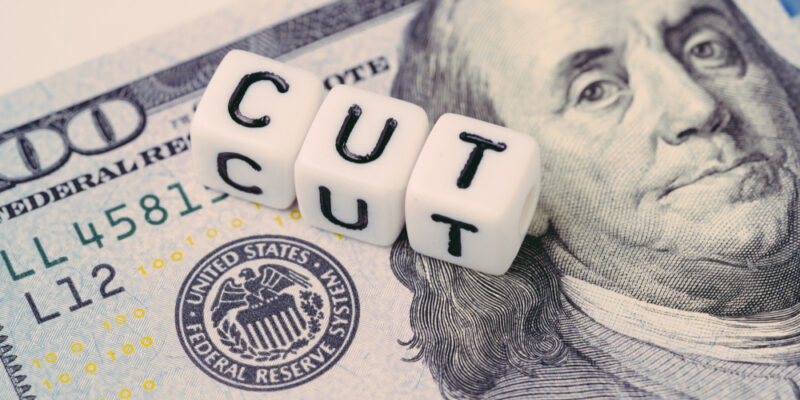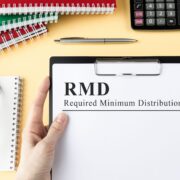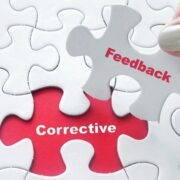WITH THE CORONAVIRUS putting everyone’s nerves on edge and the economy anticipated to take a hit, the Federal Reserve revealed its own variation of a coronavirus vaccine. It cut its target interest rate to a series of 0 and 0.25%.
Will Handling Cash Put You at Risk?
Financial experts had expected the Fed to cut rates, however, it occurred faster than anticipated and the cuts were maybe lower than prepared for. The federal government will likewise purchase at least $700 billion in the federal government and mortgage-related bonds, a practice referred to as “quantitative easing.” The central bank purchased numerous billions of dollars in bonds, which presses rates down further and permits the markets to flow freely. The Fed will also make it even easier for banks to take out loans, so they can then provide loans to customers and little services.
So what does that mean for you? Your wallet might be affected in the following classifications:
- General economy.
- Stock and retirement portfolios.
- Housing prospects.
- Getting a loan.
- Charge card rates.
- Cost savings accounts.
- Yearlong monetary objectives.
General Economy
Even if the rate cut doesn’t straight affect you, or does not appear to, if your monetary stability depends on the health of the basic economy, these rate cuts will have an impact.
“The zero rates are not intended directly at consumers but at firms that may find themselves brief of cash,” says Richard Grossman, professor of economics at Wesleyan University in Middletown, Connecticut.
“So companies that are having a problem paying their providers, financial institutions and, seriously, their workers ought to be better able to get cash to pay their suppliers, make their payrolls and keep their lenders paid,” Grossman says.
To put it simply, the no rates of interest will not likely make your paycheck fatter, however, they might imply that you continue to get a paycheck.
Your Stocks and Retirement Portfolio
Expect a wild ride for a while. Peter Rokkos, business governance professional and teaching trainer at the Rutgers School of Management and Labor Relations in Piscataway, New Jersey, calls the Federal Reserve’s relocation to ease fears of a drop in customer need “drastic” and “unprecedented.”
However, due to the fact that the Fed’s moves were serious, that may have caused jitters on Wall Street, according to Rokkos.
“Unfortunately, this has a more significant effect on company costs and market evaluations, which remain in a panic at the moment,” Rokkos states. “Flooding the credit markets with newly minted cash would likely inject more stability than lowering the rates of interest. Bruised market egos are searching for some guarantee that this is a financial blip with v-shaped, sharp healing in the medium term.”

Housing Potential Customers
The bright side? It will be more affordable to purchase a home. The bad news? Not all that more affordable.
“A sharp drop in Fed Rates will lead to a modest drop in the 30-year mortgage rate,” Rokkos says.
Granted, some people may be nervous acquiring a home during an uncertain economic period, but if you were considering doing it and feel protected in your task, there might be no better time than now, especially if you have good credit.
The typical 30-year home mortgage financing rates for property buyers with excellent credit were 3.29% on March 4 and ticked up to 3.36% on March 12, according to Freddie Mac. That’s low –– and rates may go lower.
That might likewise benefit house owners considering refinancing their houses. Lower rates, after all, imply that you pay less for your house over the loan’s lifetime.
That stated that doesn’t suggest you ought to necessarily purchase a home tomorrow. Osman Kilic, professor and chair of finance at Quinnipiac University in Hamden, Connecticut, says the rates of interest are likely to help the economy get back on its feet as soon as schools are back in session and dining establishments and bars are open.
“When the virus is gone, you’re visiting a pickup in the economy,” Kilic says. “My guess is that it’s going to be the latter part of the summer and early fall when we’ll see the financial activity slowly get. So the favorable results of the rates of interest being cut will be more felt then and not now.”
Still, if you’re looking for a home now, the rates make a good argument that you should remain in contact with your property agent and keep visiting open houses.
Getting a Loan
“It must make it easier and less expensive for organizations –– and customers –– to get loans,” Grossman says.
David Gulley, professor of economics at Bentley University in Waltham, Massachusetts, agrees. He says that zero rates of interest will not indicate much to consumers.
“What is even more important to customers is that banks and other loan providers keep the flow of credit going to both consumers and services to finance spending. This was the intent of a number of the other Fed actions the other day, consisting of the resumption of purchases of Treasury and (mortgage-backed) securities,” Gulley says.
Your Credit Cards
Carrying revolving financial obligations? You will see a little relief, though not so much that you must invest hugely. According to Mike Kinane, head of U.S. Bankcards at TD Bank, the most current average available for the balance American homes are continuing their credit cards is $9,333.
He says that with declines over the last month lowering the rate of interest by 150 basis points, consisting of the other day’s decline to 0%, cardholders with this balance would see their monthly interest payment decreased by about $11.66 monthly.





















Comments